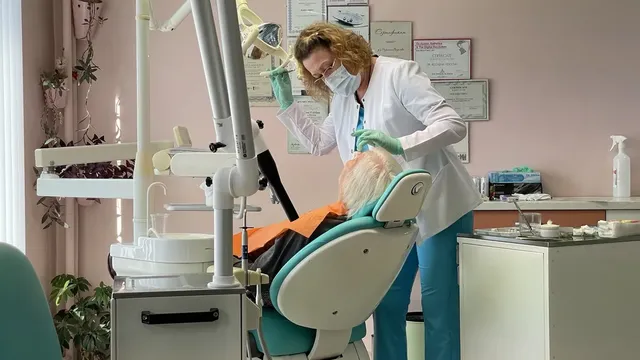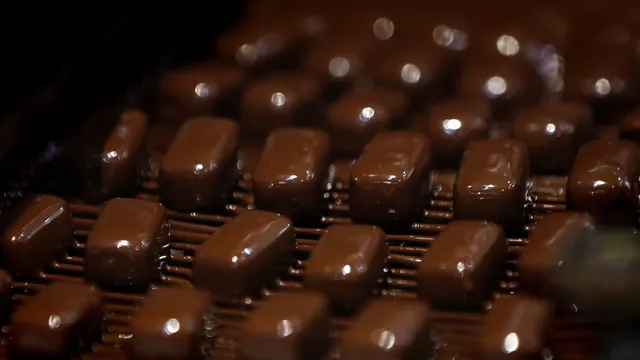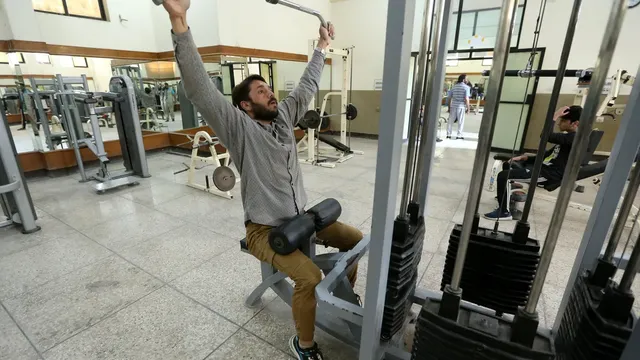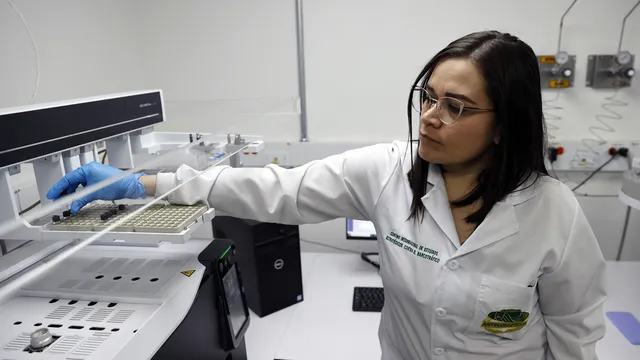Twice a day, most people in the Western world participate in a health intervention that began nearly 3,000 years ago. Perhaps that's not surprising: we only get one set of adult teeth, and if something goes wrong with them, it can seriously affect the quality of our lives (if not our health in general), reports Scions Focus.
But with so many inventions and innovations promising to be game-changers for our oral health, what's actually important and what can you ignore? Here's what modern science says.
1. Get a handle on your gums
Not too soft, nor too hard - though it's much easier to achieve the latter than the former.
"Many people tend to brush their teeth too intensely because they want to clean them extremely well," says Dr. Josefina Hirschfeld, a specialist in gum health and restorative dentistry.
"But more pressure damages both teeth and gums slowly and over time. Many electric toothbrushes have pressure sensors that are extremely helpful - but for people who prefer manual brushes, we recommend using a digital kitchen scale," he added.
To test this, press a toothbrush - possibly an old one - against the scale itself to get a feel for what the right pressure is. 80 grams is fine, and more than 100 grams is cause for concern.
2. Choose the right toothpaste
Whitening toothpastes work if you're interested in aesthetics - they can lighten your teeth by a shade or two - but according to a recent review of studies, there's some evidence that they also affect the mineral content of teeth by "increasing surface roughness and reducing microhardness."
"These toothpastes often contain abrasive particles that erase stains," says Dr. Matt Hopcraft, associate professor at the dental school in Melbourne, Australia.
"But such toothpastes also rub off parts of the tooth itself, not just stains, and the tooth surface gets scratched over time if you use them every day. In people who already have sensitive teeth or receding gums, anywhere the gums have receded, that part of the tooth is not very protected and is susceptible to wear, especially if you use an aggressive toothpaste," Hopcraft added.
If you still want a whiter smile, consider using whitening toothpastes for the short term, but for the long term, choose a toothpaste designed for normal or sensitive teeth.
3. Chew gum
It may be counterintuitive, but it's a good way to give your body's natural defenses some extra help in the middle of the day. A review of studies shows that it provides a "small but significant reduction in plaque scores," and the European Food Safety Authority has approved the sugar-free kind as a way to prevent tooth decay.
"One of the things people don't think about is saliva, which is really important in terms of protection. And if you have a dry mouth without a lot of saliva, it greatly increases the risk of tooth decay. So chewing gum is helpful because it helps stimulate some saliva and remineralize the teeth after eating," says Hopcraft.
4. Cultivate the bacteria in your mouth
"The digestive process starts in the mouth, so that's where the sugar starts to break down, and that leads to several problems," says Dr. Arosha Weerakon, senior lecturer in dentistry at the University of Queensland, Australia.
"First, if you eat sugar often enough, you start to change the type of bacteria that grows in your mouth. Some of these bacteria, like Streptococcus mutans, love sugar and create acid as a byproduct of digesting it. This acid is found next to the tooth surface and begins to act on our teeth.
"In everyone's mouth, there is a constant process of dissolving and restoring minerals - but of course, if there is more dissolving than restoring, holes start to appear in the teeth," she added.
5. Avoid hidden sugar
In the UK, the average adult male consumes around 55g of sugar a day (women take in slightly less), and in the US the figure is even higher at 68g. Much of this comes not from sweets, cakes or drinks, but from sugar that is added to other foods to make them more palatable or less long-lasting.
"Many people don't realise how much sugar is in everyday food - they consume a lot of it without realising," says Hopcraft.
"All the evidence around the world suggests that if you can reduce your sugar consumption to less than 6 teaspoons a day, which is about 24g, it really helps to reduce your risk of tooth decay - and sugar is also linked to type 2 diabetes, obesity, cardiovascular disease and cancer. If you want to do one thing in your life to make you healthier, that's the one thing you need to pay attention to," she added. | BGNES
5 quick and easy ways to improve your teeth

BGNES
If you eat sugar often enough, you start to change the type of bacteria that grows in your mouth.


 Breaking news
Breaking news
 Europe
Europe
 Bulgaria
Bulgaria





